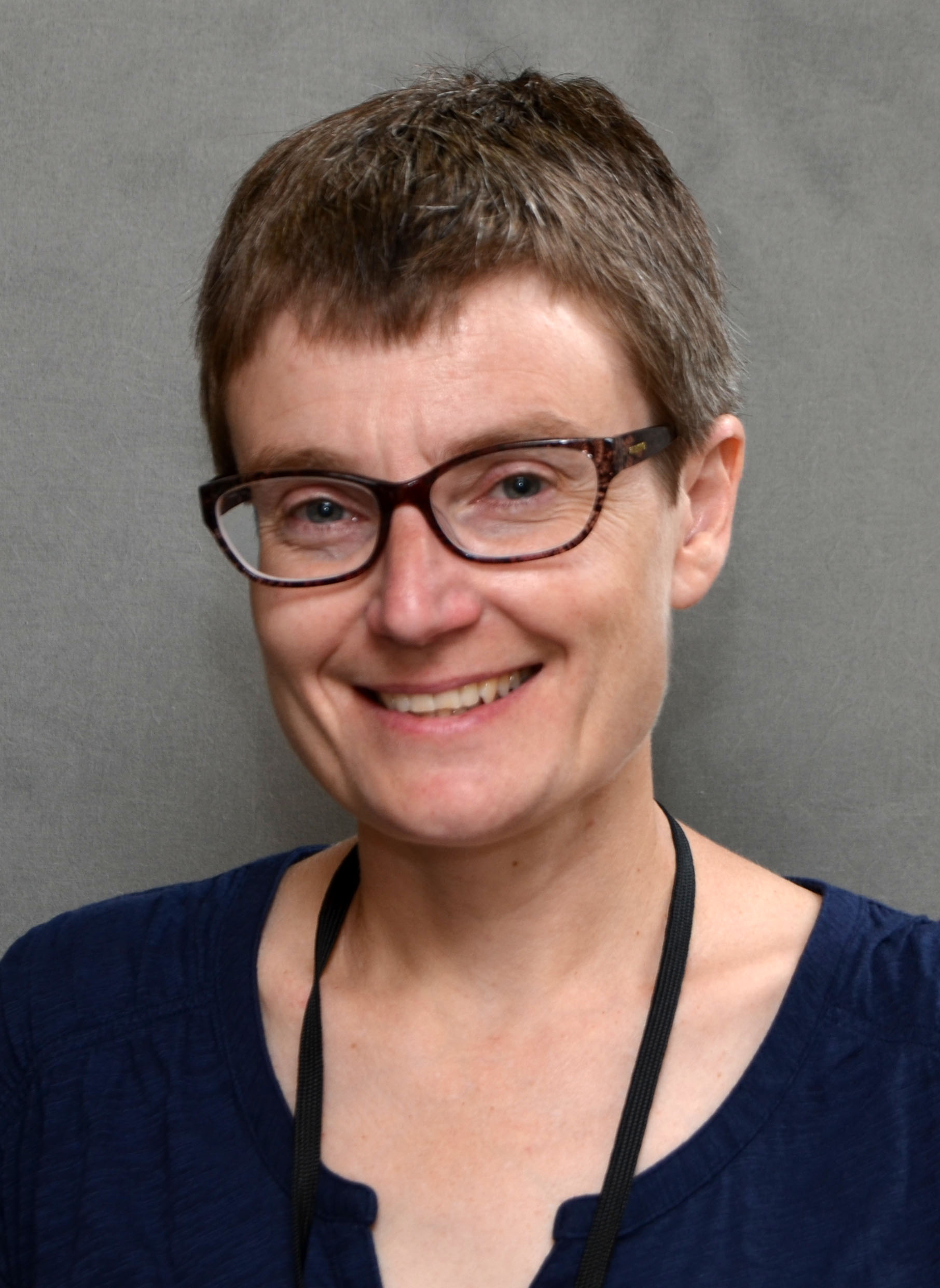Dr. Inna Afasizheva Awarded Over $2 Million for Trypanosoma Brucei Research

Dr. Inna Afasizheva, Assistant Professor in the Department of Molecular & Cell Biology at Boston University Henry M. Goldman School of Dental Medicine (GSDM), was recently awarded a National Institutes of Health (NIH) grant of over two million dollars. The grant, titled “Repeat-containing RNA Binding Proteins of Trypanosomes,” focuses on her work with the unicellular parasite Trypanosoma brucei, which is known to cause Human African Trypanosomosis (HAT) or African sleeping sickness. According to Dr. Afasizheva, HAT affects both people and animals, and occurs in countries covering approximately one-third of Africa’s total land area. This aggressive disease threatens an estimated 60 million people and is considered one of the biggest impediments to agricultural development in Africa. The infection in humans leads to rapid weight loss, coma, and ultimately death. HAT belongs to a group of neglected diseases which are prevalent in the low-income populations of Africa.
Trypanosomes are ancient organisms that have been around for more than 300 million years. They are important to research because of their biomedical significance and also as a source of evolutionarily preserved molecular mechanisms. Dr. Afasizheva’s particular area of interest is in RNA processing in mitochondria of Trypanosoma brucei, which is extremely divergent from similar processes in humans and may represent potential for therapeutic intervention. The best studied part of RNA processing is the mechanism of uridine insertion/deletion in RNA editing. Discovered in 1986, this mechanism initially seemed to contradict the central belief of molecular biology that a gene provides all necessary information for protein synthesis. In the mitochondria of trypanosomes, messenger RNAs from most genes require major post-transcriptional sequence alterations to acquire a protein-coding capacity.
Over the last 15 years, Dr. Afasizheva has been involved in exciting discoveries in RNA editing, processing, and translation. Most recently, she and her colleagues discovered a large family of RNA binding proteins called Pentatricopeptide proteins (PPR). Her most recent proposal focused on PPR proteins, key players in mitochondrial mRNA processing regulation. Among the 40 PPR proteins which have been identified in the trypanosomal genome, Dr. Afasizheva’s research found 20 that are involved in direct interaction with mitochondrial ribosomes. These proteins could serve as sequence specific factors for recognition of fully edited mRNA and loading of the mRNA into the ribosome. Based on previous work and preliminary studies, Dr. Afasizheva proposed that essential but poorly understood pre- and post-editing processes ensure mRNA stability, monitor the completion of RNA editing, and enable mRNA binding to the ribosome for translation.
Dr. Afasizheva is extremely pleased to have received this award, and acknowledged several important contributors to this success. “To begin with, we had substantial startup funds from GSDM which allowed us to quickly set up the operation and start generating data, along with strong departmental and institutional support from Chair of the Department of Molecular & Cell Biology David Levin.” She went on to say, “Just as important were the collaborations we established at Boston University Medical Campus (BUMC). Most of our projects rely on advanced mass spectrometry conducted by the Center for Biomedical Mass Spectrometry led by William Fairfield Warren Distinguished Professor of Biochemistry Catherine Costello, who also supported my grant application. Collaboration with Professor in Computational Biomedicine, Stefano Monti, at Boston University School of Medicine will be absolutely critical for our projects that rely on deep sequencing and bioinformatics analysis.”
Dr. Afasizheva emphasized that it was the excellent reputation, scientific infrastructure and collaborative atmosphere at GSDM and BUMC that helped get this important research off the ground, and she is grateful to all those involved.
“Congratulations to Dr. Afasizheva for this significant achievement,” said Dean Jeffrey W. Hutter. “GSDM is proud to have such an innovative and successful researcher among its faculty.”